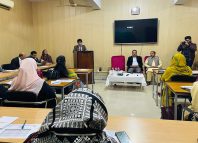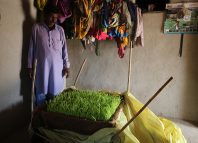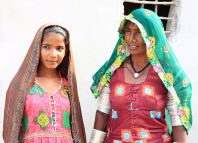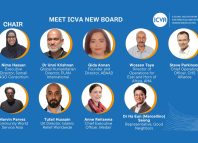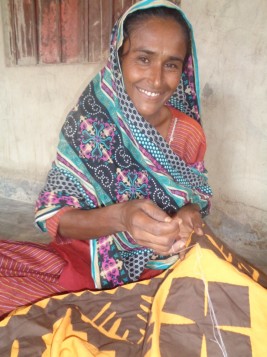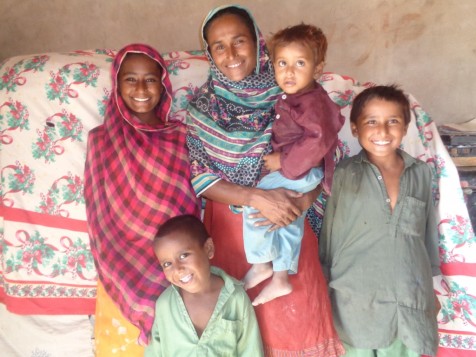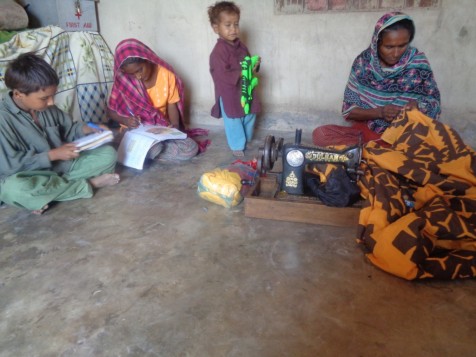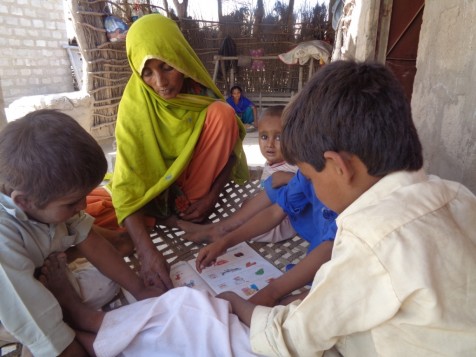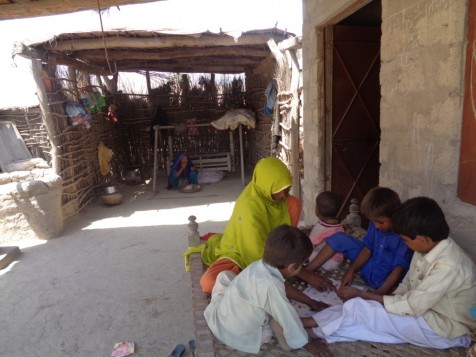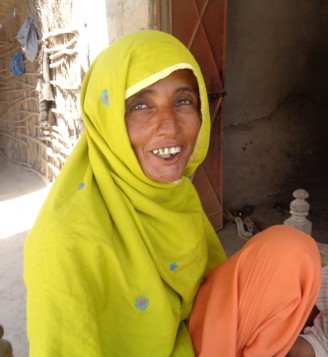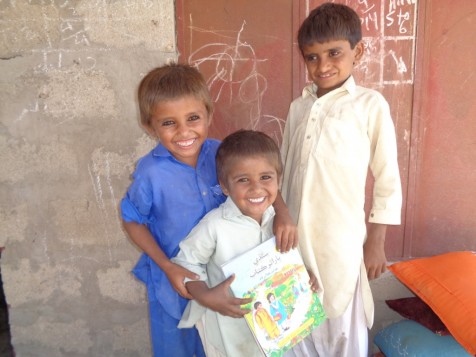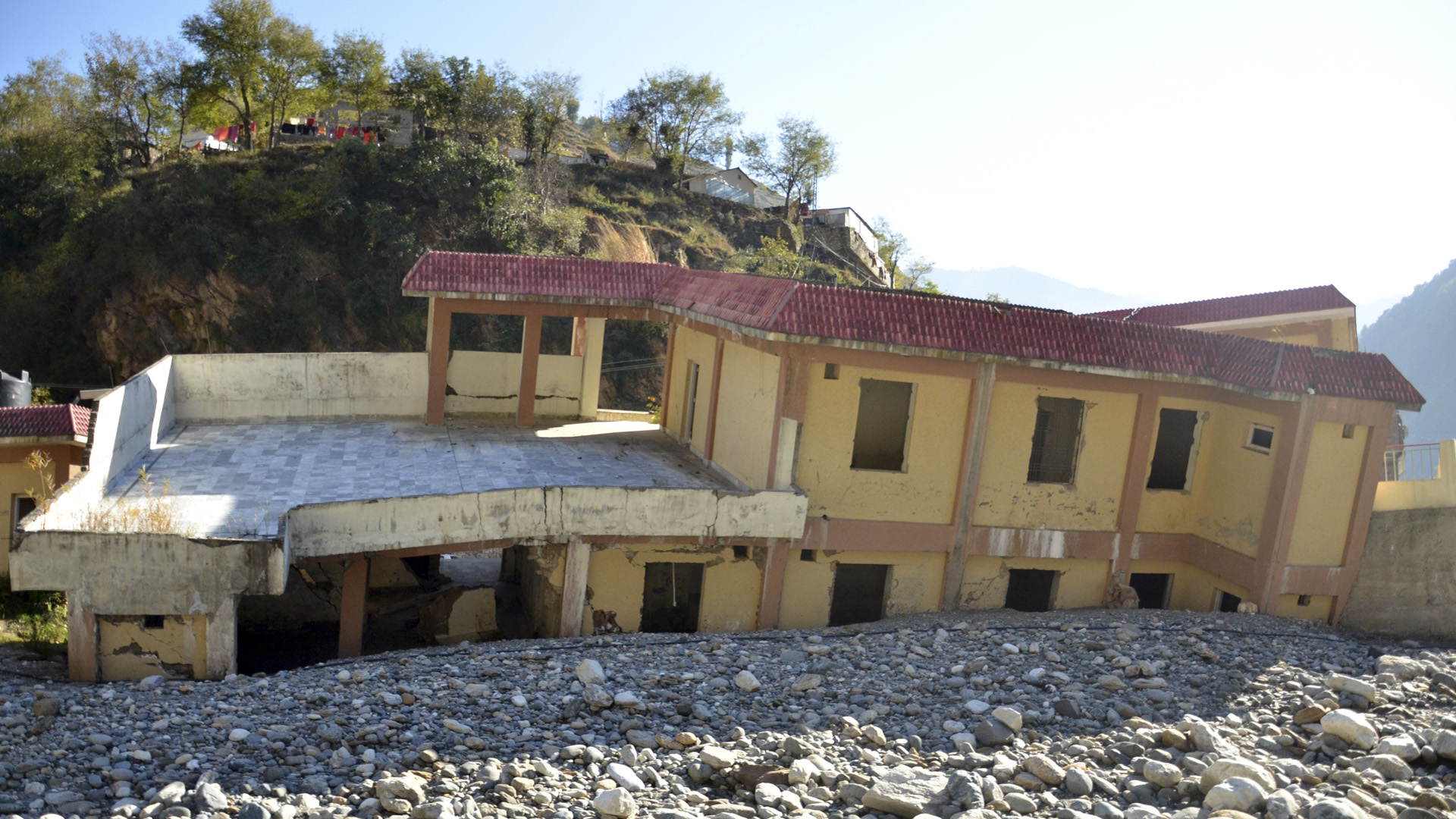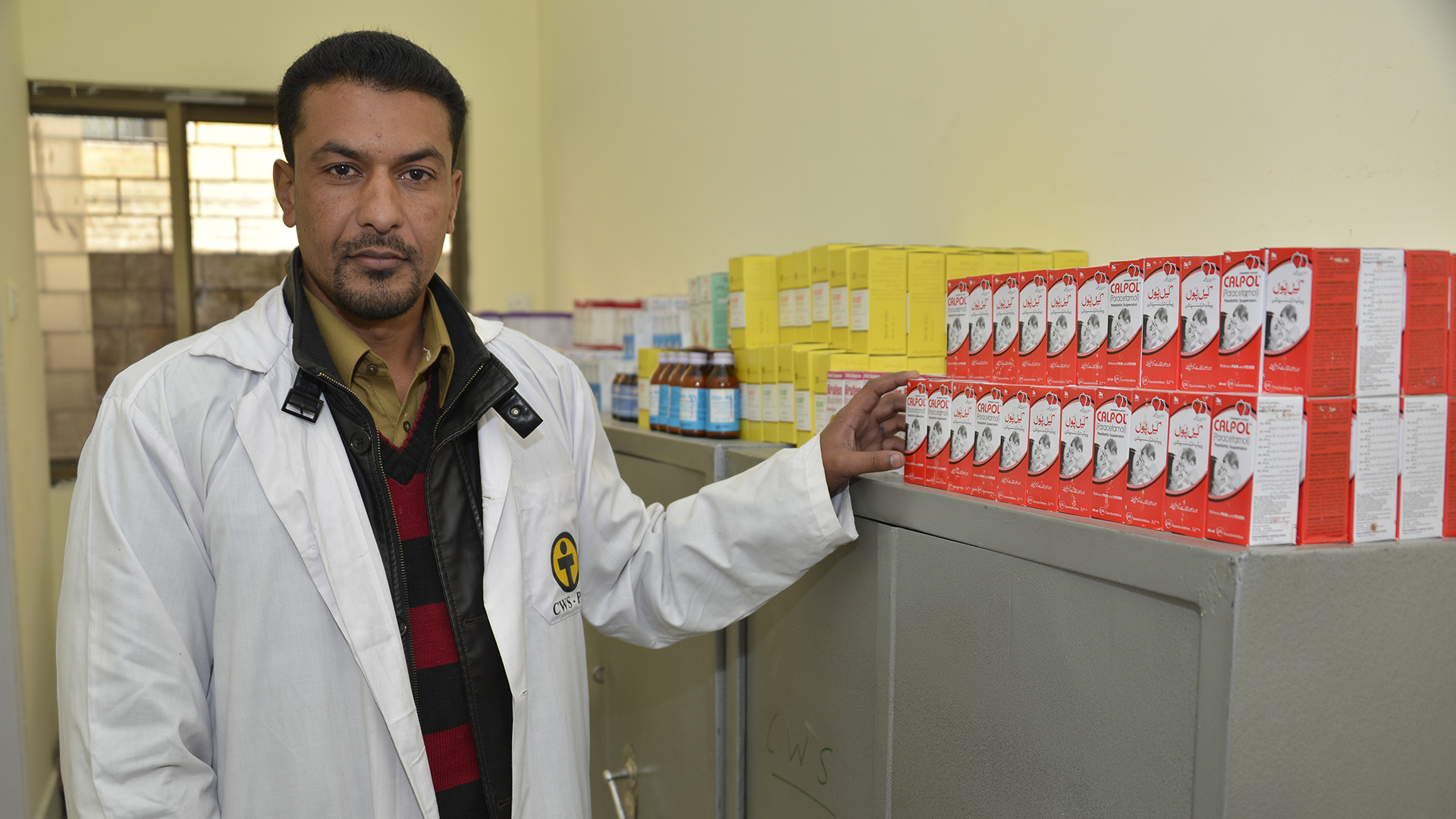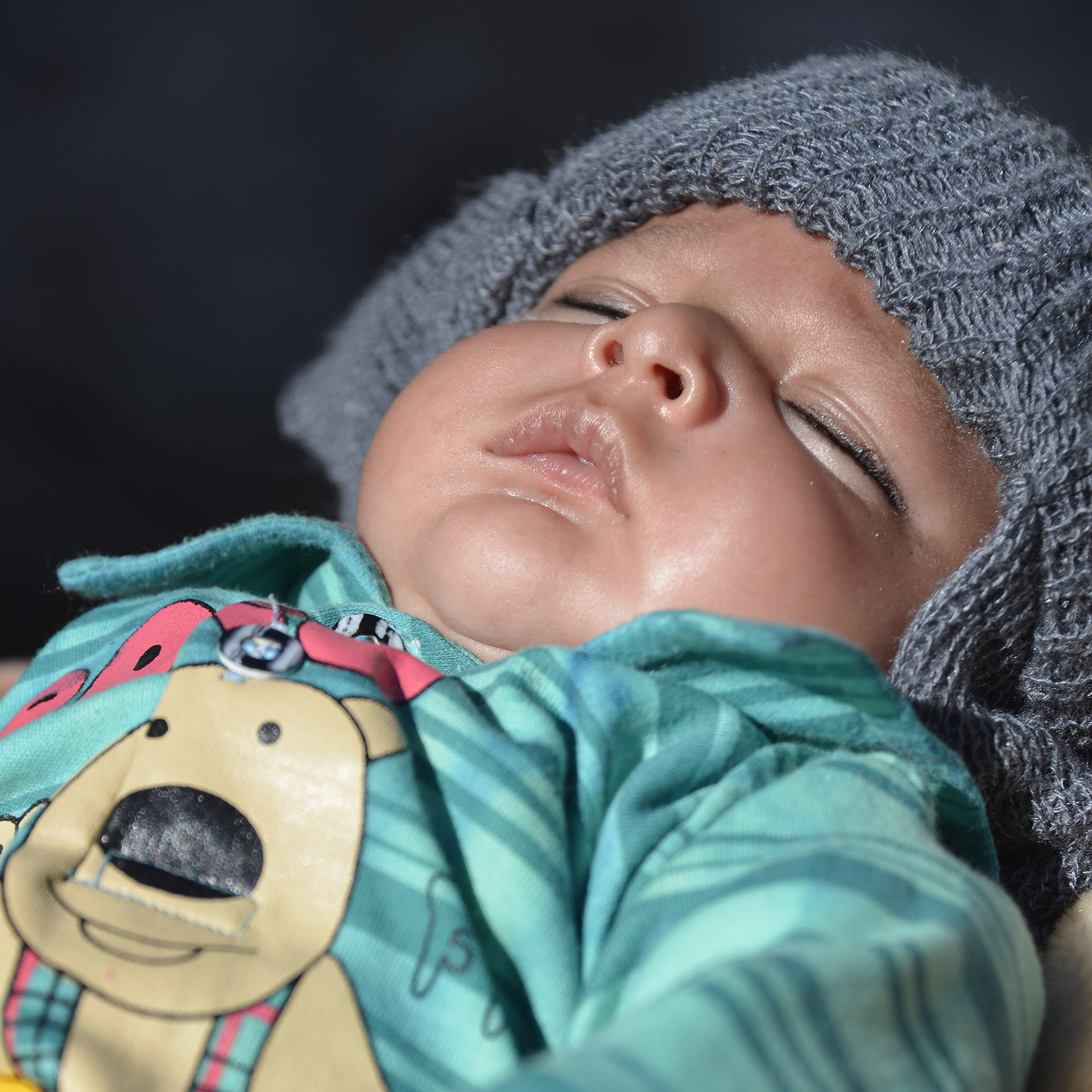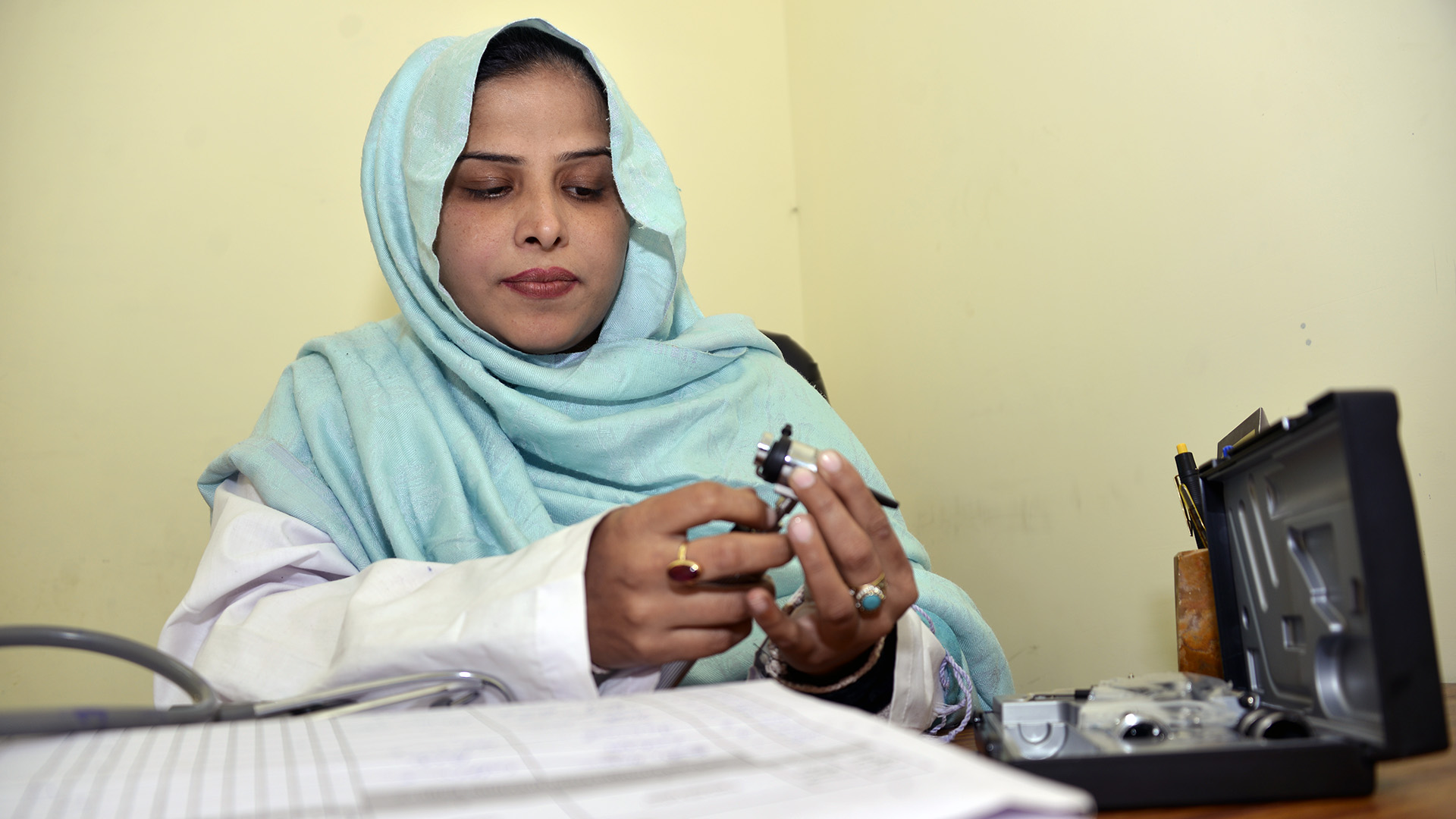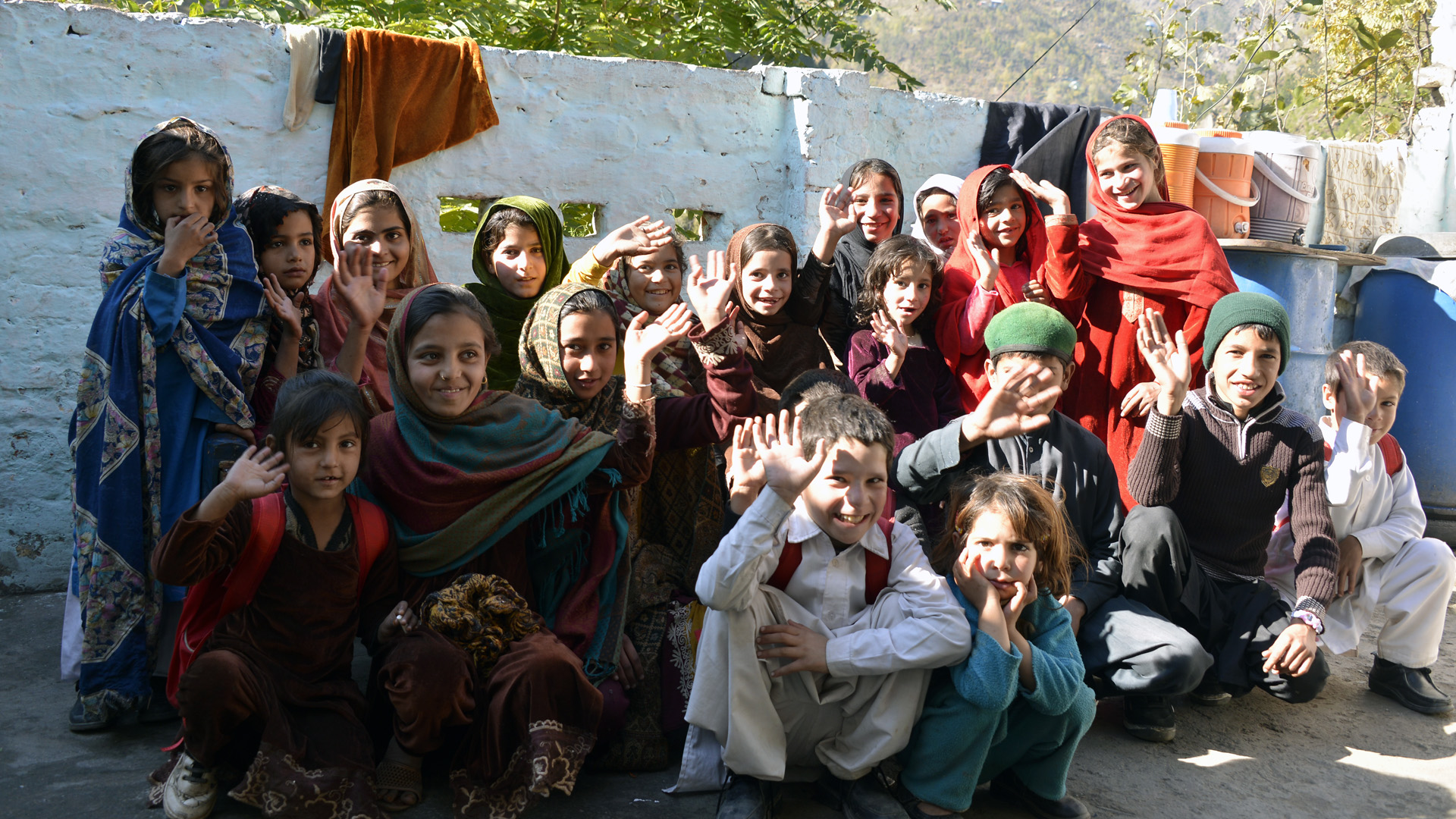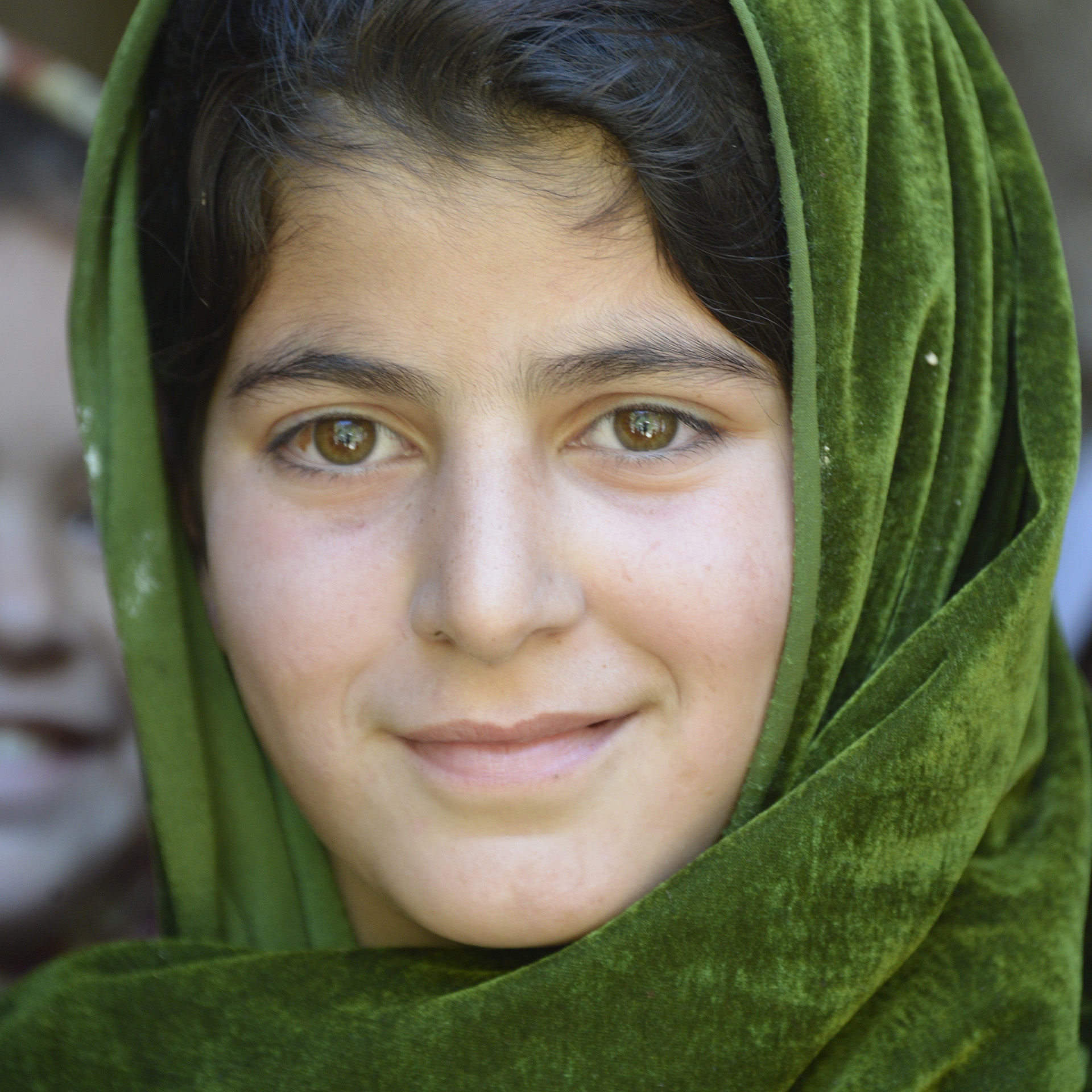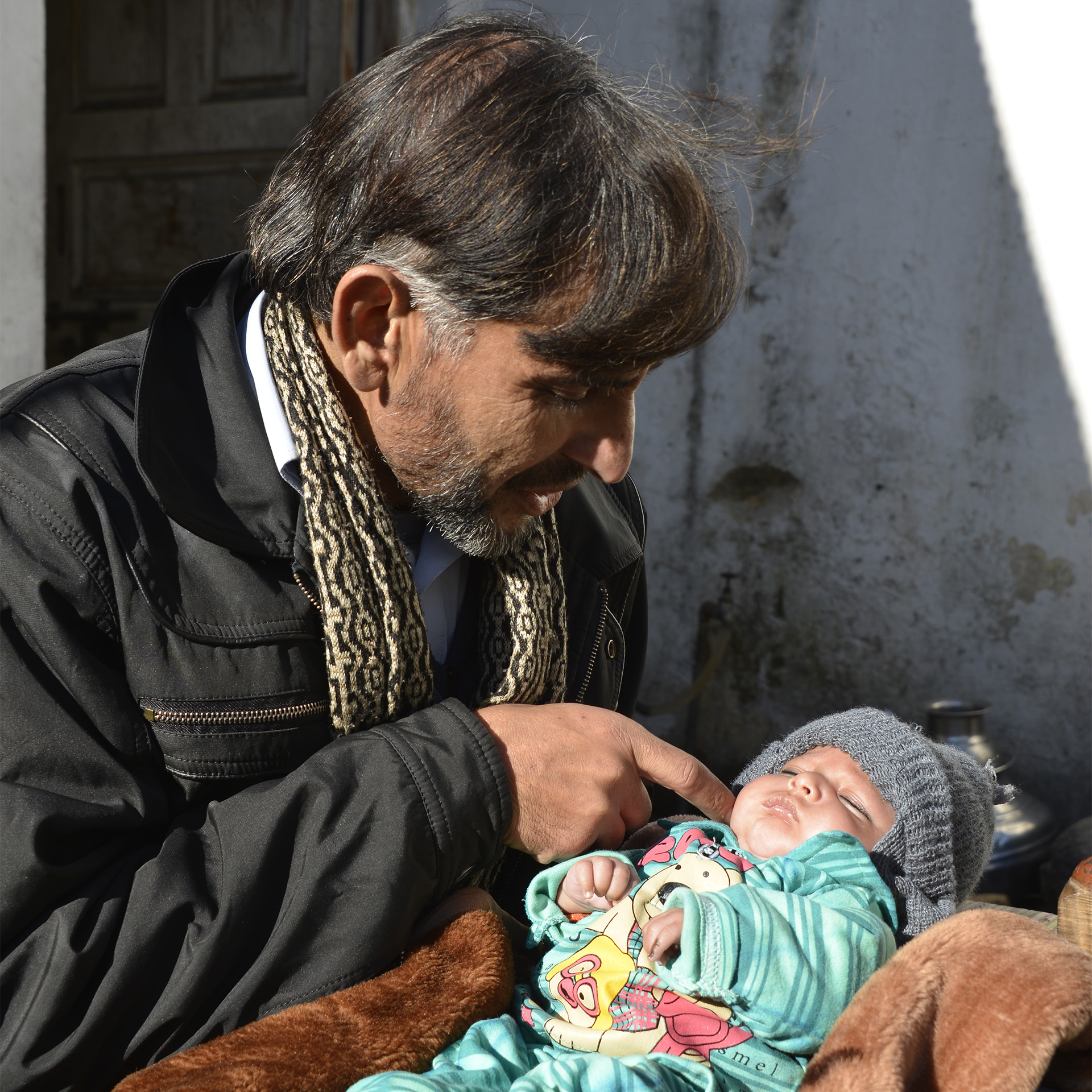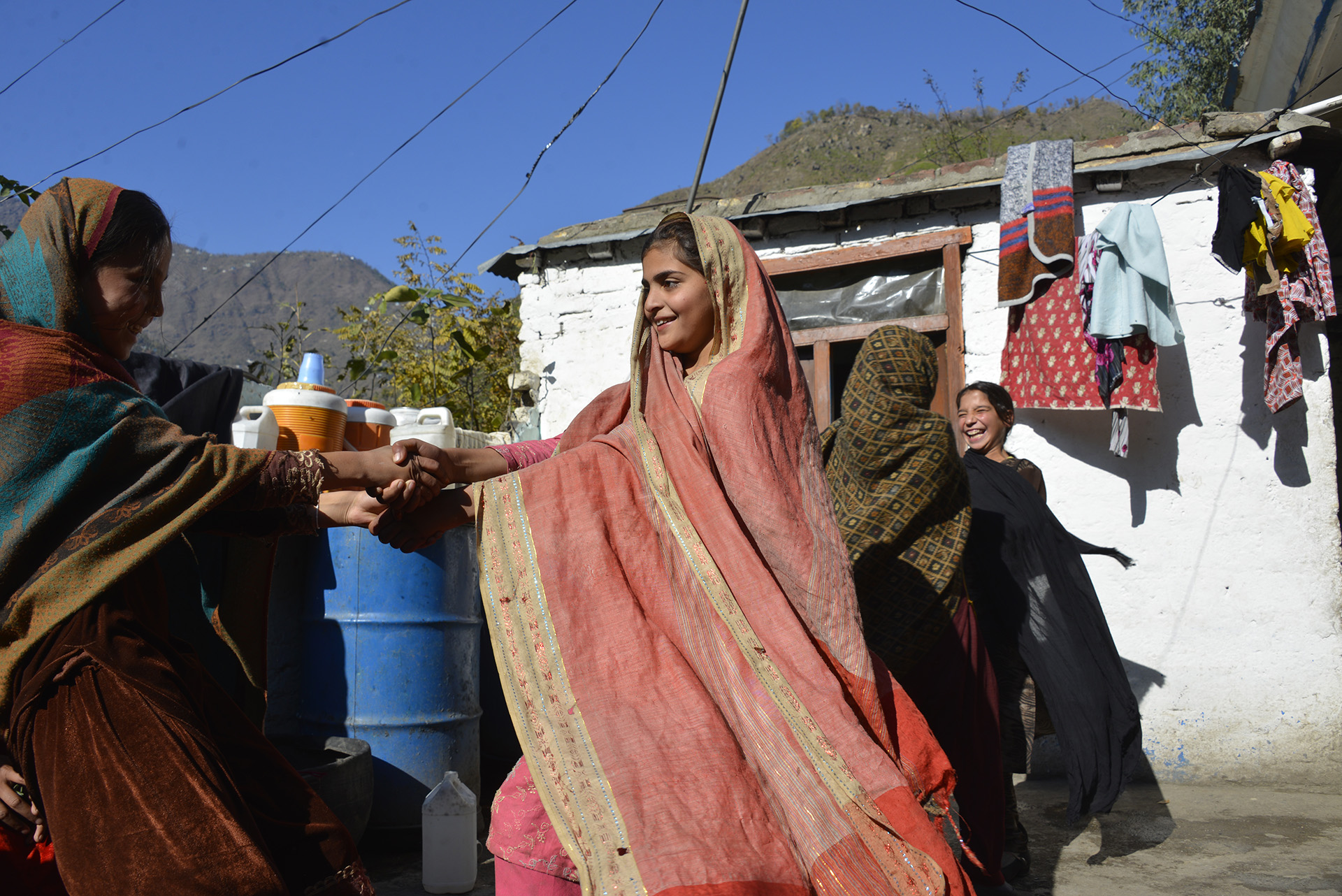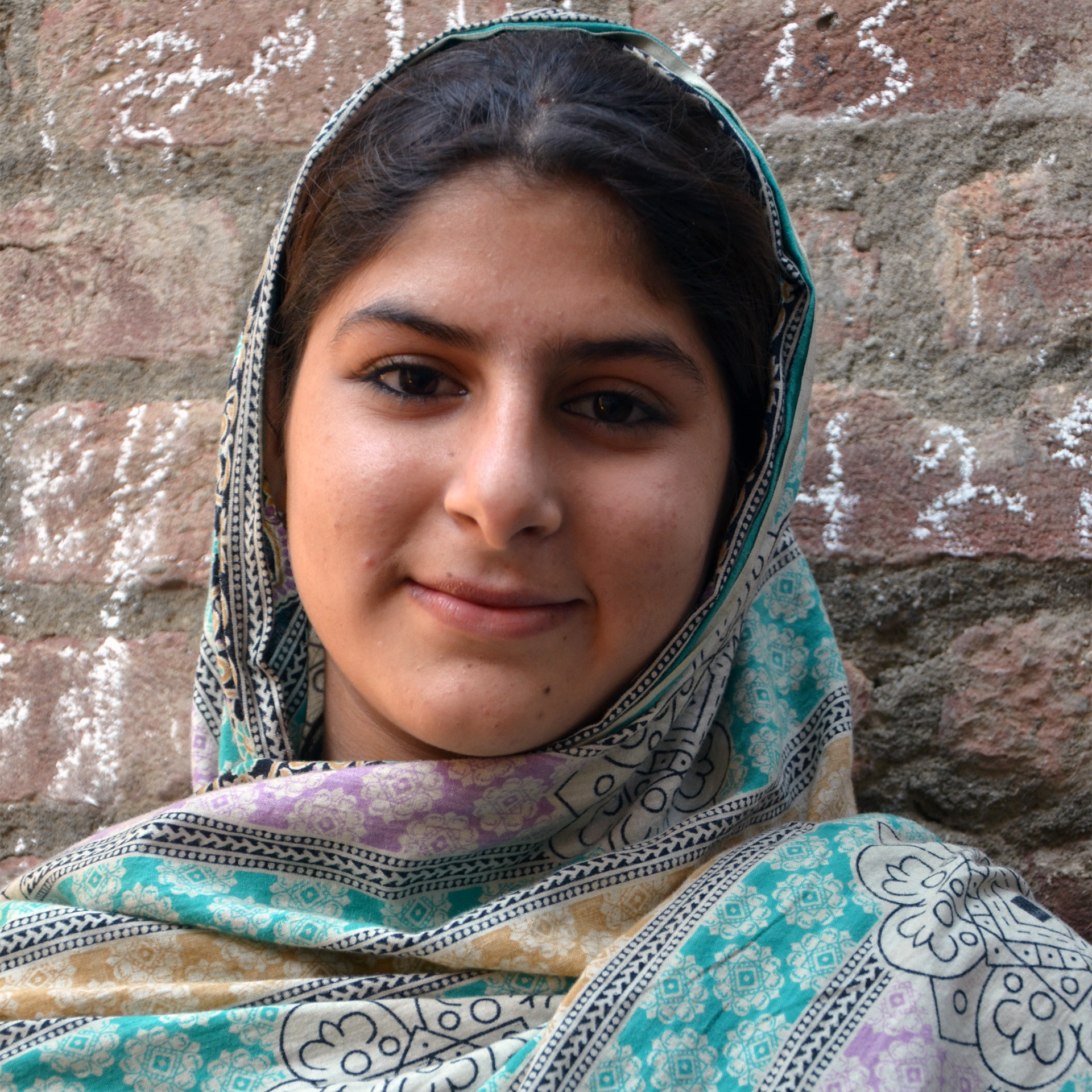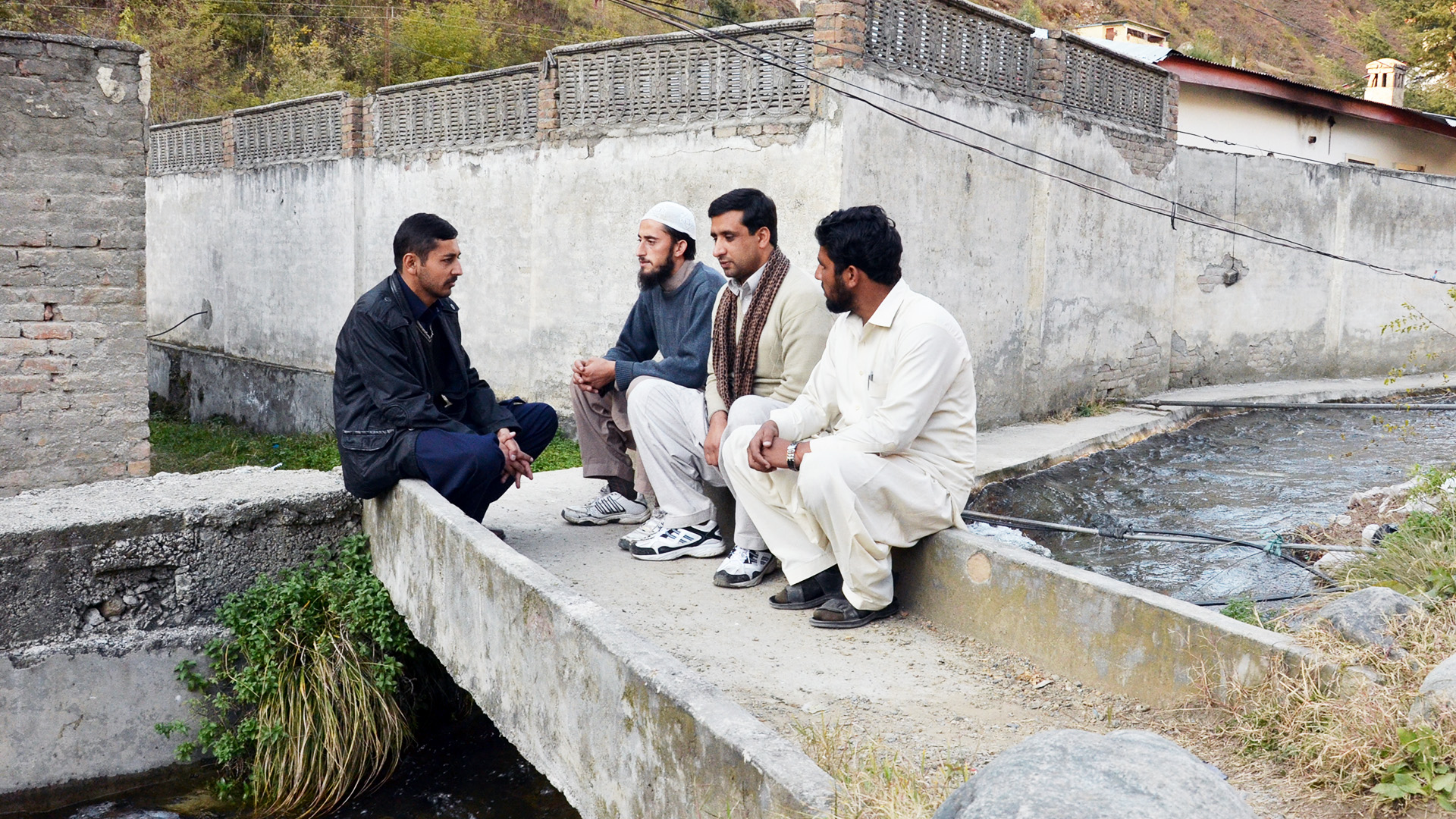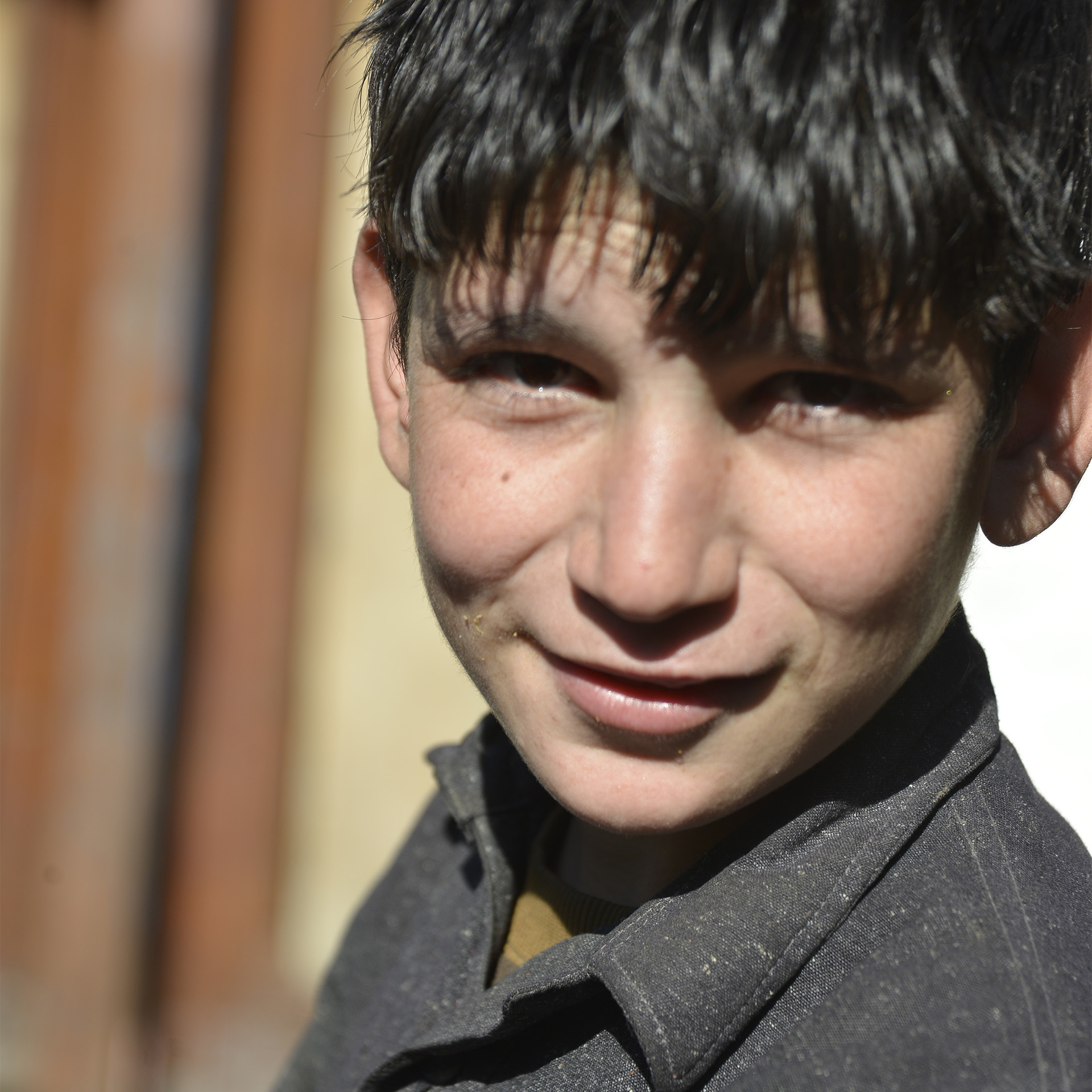
Supporting Healthy Living in Shangla



As a consequence of multiple disasters since 2005, Shangla’s health facilities were severely damaged. In 2011, Community World Service Asia initiated preventive and curative health care services in the remote district through two health facilities.
As a consequence of multiple disasters since 2005, Shangla’s health facilities were severely damaged. In 2011, Community World Service Asia initiated preventive and curative health care services in the remote district through two health facilities.
As a consequence of multiple disasters since 2005, Shangla’s health facilities were severely damaged. In 2011, Community World Service Asia initiated preventive and curative health care services in the remote district through two health facilities.



The provision of health education and professionally staffed out-patient departments, fully equipped with Disease Early Warning System (DEWS) and Health Information System (HIS), significantly improved access and the quality of health care.
The provision of health education and professionally staffed out-patient departments, fully equipped with Disease Early Warning System (DEWS) and Health Information System (HIS), significantly improved access and the quality of health care.
The provision of health education and professionally staffed out-patient departments, fully equipped with Disease Early Warning System (DEWS) and Health Information System (HIS), significantly improved access and the quality of health care.



The primary focus is to improve mother and child health in Shangla.
The primary focus is to improve mother and child health in Shangla.
The primary focus is to improve mother and child health in Shangla.



Improved mother and child health care has significantly reduced the maternal and infant mortality rates.
Improved mother and child health care has significantly reduced the maternal and infant mortality rates.
Improved mother and child health care has significantly reduced the maternal and infant mortality rates.



56,041 community members benefited from curative and preventive health during 2014.
56,041 community members benefited from curative and preventive health during 2014.
56,041 community members benefited from curative and preventive health during 2014.



More than 10,000 women and children were assessed for nutritional status.
More than 10,000 women and children were assessed for nutritional status.
More than 10,000 women and children were assessed for nutritional status.



12,936 women received reproductive health care.
12,936 women received reproductive health care.
12,936 women received reproductive health care.



40 birth attendants were trained, who further conducted 551 safe deliveries.
40 birth attendants were trained, who further conducted 551 safe deliveries.
40 birth attendants were trained, who further conducted 551 safe deliveries.



A delivery room functions in Alpuri, making safe delivery possible 24 hours a day.
A delivery room functions in Alpuri, making safe delivery possible 24 hours a day.
A delivery room functions in Alpuri, making safe delivery possible 24 hours a day.



39,973 individuals participated in health education sessions, including staff from the Government Health Department to establish linkages with the local community.
39,973 individuals participated in health education sessions, including staff from the Government Health Department to establish linkages with the local community.
39,973 individuals participated in health education sessions, including staff from the Government Health Department to establish linkages with the local community.



The assessment of malnourished women and children assisted in screening and referring cases.
The assessment of malnourished women and children assisted in screening and referring cases.
The assessment of malnourished women and children assisted in screening and referring cases.



An impact that lasts.
An impact that lasts.
An impact that lasts.



Regular community mobilization meetings are held with religious leaders and elders to emphasize the importance of training local women to conduct safe deliveries. 425 safe delivery kits and hygiene kits have been distributed among pregnant women.
Regular community mobilization meetings are held with religious leaders and elders to emphasize the importance of training local women to conduct safe deliveries. 425 safe delivery kits and hygiene kits have been distributed among pregnant women.
Regular community mobilization meetings are held with religious leaders and elders to emphasize the importance of training local women to conduct safe deliveries. 425 safe delivery kits and hygiene kits have been distributed among pregnant women.



Community World Service Asia also supports the government’s monthly anti-polio campaigns to eradicate this disease from the district. The provision of staff and transport to reach far flung areas is appreciated by the District Administration.
Community World Service Asia also supports the government’s monthly anti-polio campaigns to eradicate this disease from the district. The provision of staff and transport to reach far flung areas is appreciated by the District Administration.
Community World Service Asia also supports the government’s monthly anti-polio campaigns to eradicate this disease from the district. The provision of staff and transport to reach far flung areas is appreciated by the District Administration.

